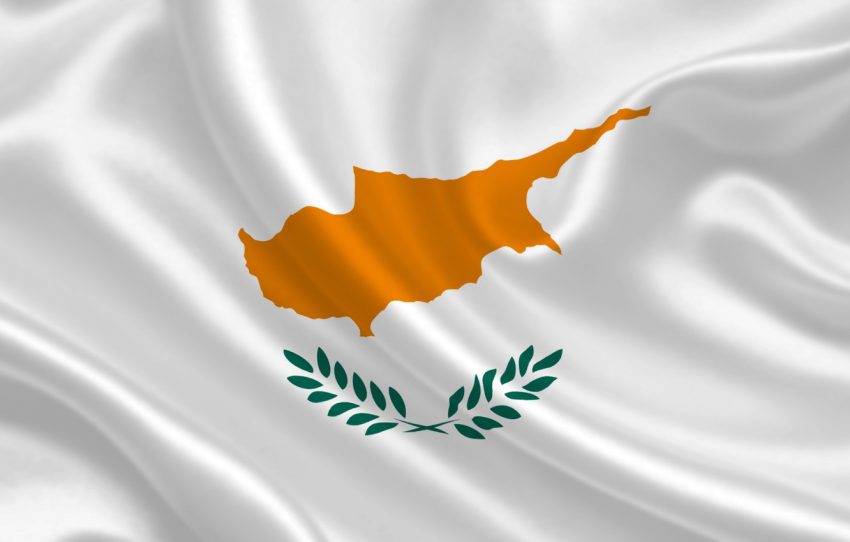Luc Brunet – 22 March 2013
A very interesting week with the latest development of the crisis, this time in Cyprus. Nothing new indeed, and some readers may remember that this Letter listed Cyprus as one of the countries with highest risks on its banking system.
This was already a long time ago, I believe in 2011, but as we all remember, the key in that financial crisis is not an issue with cash flows and liquidity, but a fundamental problem with banks’ balance sheets. A huge quantity of assets listed at face value in those balance sheets are in fact worthless or close to it, and no miracle happened to transform those junk assets into good ones. Over the past years, the exercise was to continue to believe and make believe that such assets can be listed at face value, but reality is hard-necked and the truth shall pop-up sooner or later, in Cyprus but also in most other countries.
The problem in Cyprus is more painful because of the exposure of local banks to the silent default of Greece, combined with an enormously inflated banking sector within the local economy. As recently calculated by the always very useful blog www.les-crises.fr, the banking sector in Cyprus is around 7 times larger than the country’s GDP, playing in the pack of countries like Ireland and Malta (also around 7 times), only surpassed by Luxemburg (21 times). Cyprus banks however beat Luxemburg and all other European countries in the amount of private loans compared to country GDP, with a ratio of more than 3 times
The decision by the EU Commission to require a tax on deposits was very unexpected, and apparently not very well prepared, raising more questions and protests than solving the problem itself.
First, even if it had been accepted, the action was too limited to save the local banks. After some time, as we have seen in Greece or Spain, another amount or several billions Euros would be required, and again and again. If a tax is required each time, the patient would be dead long before the end of the treatment. On the other side, why would Cyprus be treated differently than Ireland, Greece or Spain? Some comments in the press stated that Cyprus is a money laundering country with large amounts of dirty Russian money. But then the question immediately comes : did the so virtuous EU experts ignore that when they welcomed Cyprus into the Euro zone in 2008? Was Russian money clean in 2008, and became dirty in between? Dishonest attitude or crass incompetency, I leave the choice to you, my guess is 50/50…
The move puts not only Cyprus at risk, but also can create a general fear amongst investors and households that their money is unsafe in banks.
At least this may expose the truth that so many want to ignore since 2008 : yes, money left in banks is unsafe, and may be confiscated or simply disappear in a contagious bankruptcy of the banking sector. The huge amount of junk assets mentioned earlier shall one day be readjusted to their real value of zero or close to zero, and the ones who shall have their money at the wrong place at the wrong moment shall lose all. And remember, no country is safe… Bank Wegelin recently collapsed in Switzerland, accused of helping US tax evasion, and two old private Swiss banks (Pictet and Lombard Odier) changed their status after more than 200 years of operation, and Partners of the bank are now no longer liable on their personal assets in case of bank collapse – prudent guys!
Looking at the various countries that got into real problems since 2008, I see now three variants of events.
The first variant is the Greek, Irish or Spanish one, where the EU tax payers are taking the bill as bad assets are transferred to the ECB. The second one is now Cyprus where an experience was tried to get investors paying part of the bill, promoted by the EU Commission without success at the end. The third is Iceland where the reality of private enterprise and capitalism was applied and banks left alone going into managed bankruptcy, of course hitting hard on depositors (clearly more than 10%!) and shareholders of the banks – a solution that was initially proposed by Germany for Cyprus.
Cyprus cannot come back to the first scheme, unless EU leaders drop their pants down to the floor. The third option is most probable now, unless Cyprus gets out of the Euro zone, and gives away its recently discovered gas reserves to Gazprom in exchange for an expensive Russian bailout, by the way a solution strongly opposed by Turkey.
Russia believed to be relatively untouched by the banking crisis, but forgot its small friendly partner Cyprus. Leaving its money in an open safe was not a good idea, although the outcome may be positive on the geopolitical viewpoint, pulling Cyprus and probably Greece out of the Euro zone, into a zone of Russian influence.
Such a development would be one more step for the crisis to move from a financial crisis to a political crisis in Europe. The most recent event in that area was the strong protest sent by Italian voters to the Euro governance, kicking the Monti regime out and propelling the anti-system leader Grillo in from of the scene. The heat in coming on EU leadership, and this is just the beginning…
